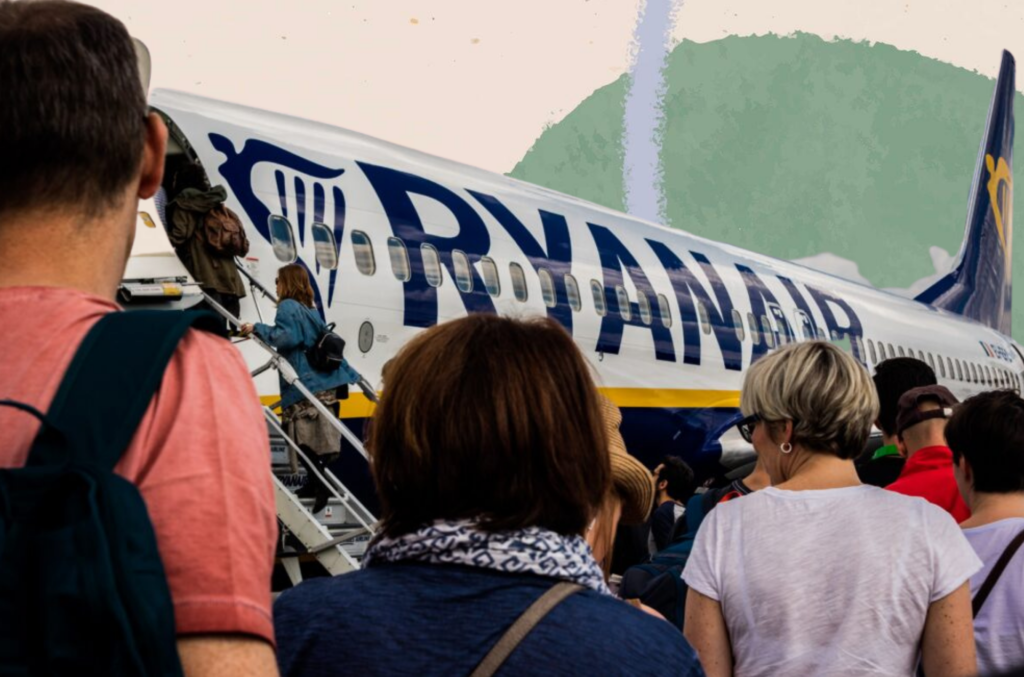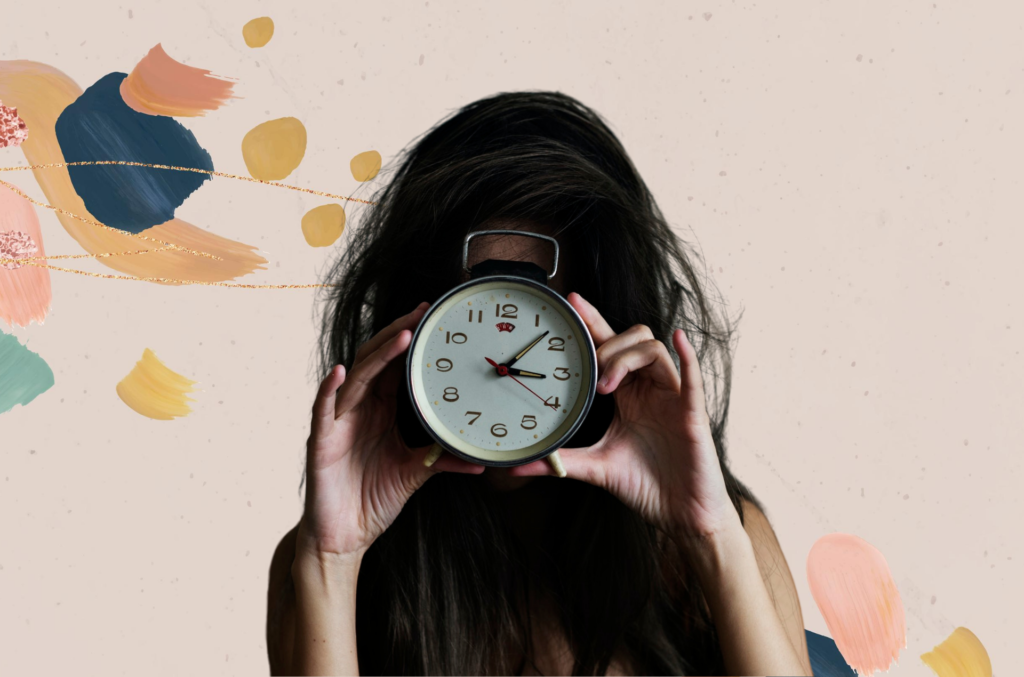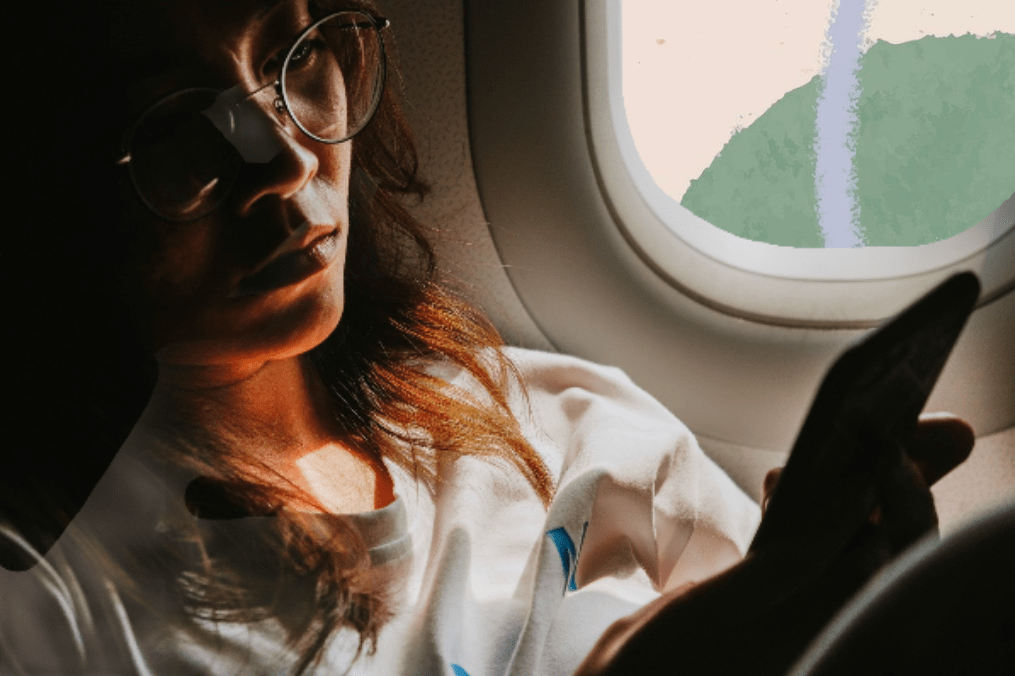
We’ve all felt the weight of jet lag and the havoc it wreaks on those first few days of holiday, particularly when travelling somewhere far-flung. But what if there was a way to avoid those groggy, tentative first steps on foreign soil?
Flying long haul can be particularly disruptive to your sleep patterns as your body may find itself unable to adjust quickly to the new time zones and a restless (or too restful!) flight. Though a little post-flight sluggishness is inevitable, a disrupted sleep-wake cycle or a bad case of jet lag can prevent you from making the most of the day ahead. It also risks starting off your holiday on the wrong foot.
Though jet lag is only a temporary sleep disorder, it can still lead to daytime fatigue, loss of appetite, headache and may even cause insomnia later down the line. With that in mind, it’s best to take preventative measures to stop it ruining the first days of your holiday. So, here’s how to adjust to new sleep patterns seamlessly when travelling in 8 IDEAL steps.
ALTER YOUR SLEEP SCHEDULE BEFOREHAND
Prevention is better than cure, as the experts so often advise, and as such, it’s generally a wise move, in the days leading up to your trip, to gradually adjust your sleeping pattern to the time zone of your destination in mind.
As a general rule, our body is capable of adjusting to a new time zone at the rate of only one or two time zones per day. Therefore, an incremental approach works well; simply set your alarm an hour earlier (or later) each night to slowly readjust to a different time zone.

SLEEP SAVVY
Be sure to give your body its required amount of sleep on the night before you start your journey, regardless of that Christmas Eve like excitement so many of us feel the night before a holiday.
This is a must because it’s highly advisable that you refrain from sleeping during a daytime flight; there’s no quicker path to a confused, malaligned sleep pattern during your trip. If you’re looking for proper precision in this department, consider scheduling your flight in a way that you reach your destination around the time that you would normally wake up.
SAY NO TO NAPPING
It is equally important that you ward off the urge to take a nap soon after landing. Yep, so many of us have nodded off in the taxi from the airport, but it’s a good idea to fight those drooping eyelids if you can, because doing so will help your body to generate enough sleep drive throughout the day for you to fall asleep easily in the night.
You may find it difficult to fix your sleep pattern if you succumb to napping. What’s more, that sense of sleep inertia after a nap isn’t exactly the perfect launchpad to an afternoon of exploring a new location.
PERFORM LIGHT ACTIVITY
Though there’s a temptation to prescribe aerobic activity as the solution to just about anything, it’s for good reason. And, surprise surprise, exercise is a crucial step in adjusting your body to the new sleep patterns and demands of a different time zone.
So, if you’re looking to sleep soundly in a foreign bed, engage in a cardio activity like jogging or brisk walking soon after waking up and a couple of hours prior to bed. The increased activity and heat generated by the body helps reset the circadian rhythm.

MIND THE FLUIDS
Dehydration can intensify the effects of a jet lag but the solution is simple; drink enough water so as to make sure that your body is properly hydrated throughout the journey. On the flipside, avoid beverages that can alter your sleep pattern, such as caffeinated drinks and alcohol. Though many may consider alcohol a good way to help you fall asleep on a flight, studies show that it generally affects the later part of your sleep, thus interrupting your valuable REM sleep stage.
EXPOSURE TO LIGHT IS KEY
Our biological clock needs the appropriate exposure to light so that our circadian rhythm stays intact. The sleep hygiene experts recommended that you expose yourself to daylight once you reach your destination, if that’s possible.
Taking a quick walk outside is also a good way to resist the urge to take a nap and doing this every day on your holiday will provide your body with the natural light it needs to adapt to a new time zone. For the same reason, avoid blue light-emitting devices and other bright sources of light close to bedtime so that your body can prepare itself for the sleep ahead.
CARRY THE ESSENTIALS
One needs to be mindful of the external noise and light generated on the plane and in a new location to get a better night’s sleep while travelling. Therefore, be sure to carry an eye-mask and a comfortable pair of earplugs while travelling so that you don’t find difficulty in sleeping on-board or in your new hotel, where noise levels can sometimes be high.

CONSUME MELATONIN
Melatonin is the sleep-inducing hormone produced naturally by the body’s pineal gland. Small doses of the sleep-aid can also be purchased in the form of supplements without a prescription and can be really useful in fighting jet lag.
It should prove sufficient in helping you fall asleep at the preferred time according to your new sleep pattern, by helping your body produce the hormone. Alternatively, a diet including foods rich in melatonin such as nuts, eggs, fish, cottage cheese, raspberries and bananas, can help you sleep more soundly.
THE BOTTOM LINE
To adjust to the new time zones, rhythms and demands of an unfamiliar country (and bed) you should take active measures to best equip both body and brain with the tools it needs to sleep more soundly. By adopting the above tips, you can enjoy your holiday refreshed and alert. Bon voyage and bonne nuit.





